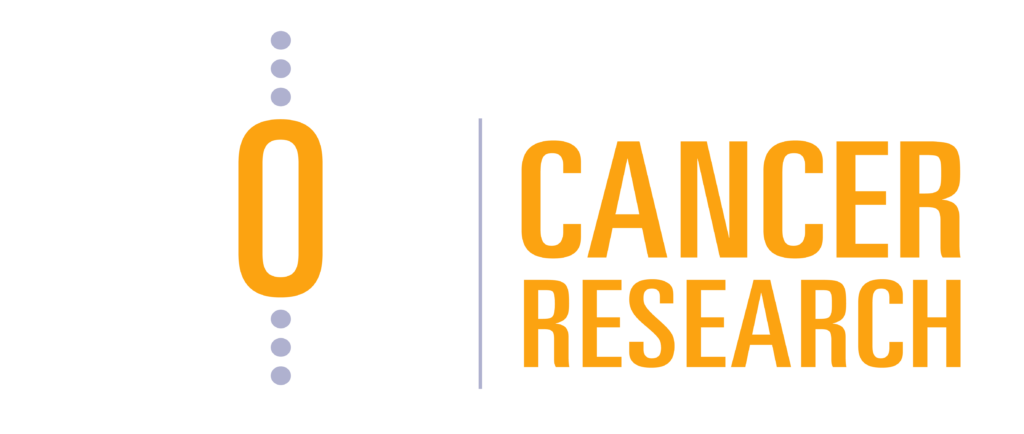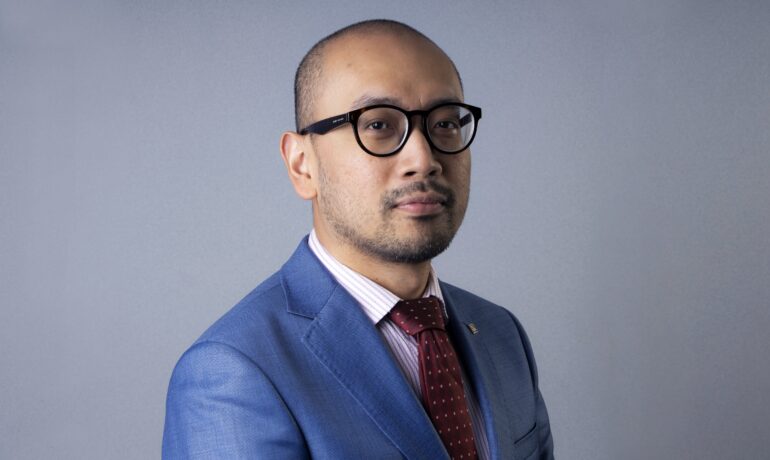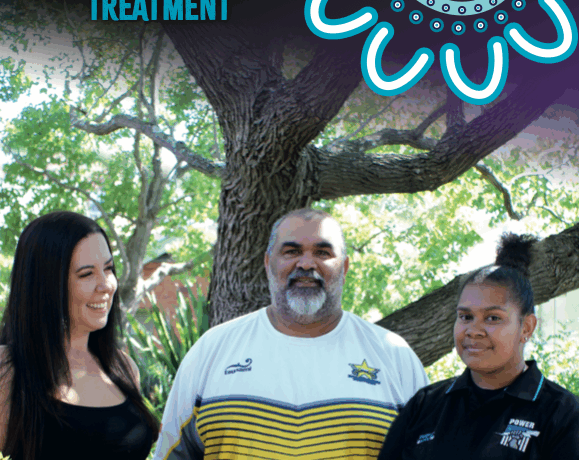There is nothing scarier than hearing the words “you have cancer”. Unfortunately, more than 300 people in Australia hear these words every day and have to go through the difficult task of repeating them to loved ones, friends and even work colleagues.
Along with undergoing surgery, chemotherapy or radiation therapy, among other medical appointments, it can be reassuring to patients to feel supported by others during this turbulent period.
However, as the family member, close friend, or partner, it can be challenging to know how to support someone who is diagnosed with cancer in a way that helps them emotionally and with their recovery. After all, this can be a completely new experience and one that comes tied with a lot of emotion!
So, the team at TROG Cancer Research are here to pass on some healthy advice on how to better support your loved one.
Face your own fear
For many people, the cancer journey is often not short-lived and can be full of fear.
Understanding that the language and actions you use during this time can make all the difference.
We encourage you to face your own fear. You may be terrified to see your loved one in this light, but now is not the time to back away from them.
Clinical Psychologist, Louise Nelson, in an interview with ABC News Canberra, explained that the best thing you can do for a cancer patient during this time is not to disappear.
She recommended that it’s important not to hide away from your feelings or emotions, even though it may be difficult.
“One of the first things for me is acknowledging that you have an emotion. It’s not right or wrong, it’s not good or bad, and it may feel awful. It is what it is, let’s work through that – let’s work on it,” Louise said.
Be open and honest about the fact you may not know what to say. Because nine times out of ten, your loved one will be appreciative to know you’ve got their best interest at heart and aren’t afraid of their diagnosis.
This can be reassuring and re-affirming for many undergoing treatments.
Know that the journey isn’t over
Being told that your loved one has completed their cancer treatment can be such an elating feeling. But, it’s also important to remember that the journey doesn’t end there.
Once people finish their treatment, they can often find themselves overcome and in shock about returning to their regular every-day routine and finding their feet once again.
They were so used to the routine of treatment and being surrounded by doctors, clinicians, specialists, etc., that once this is taken away, feelings of abandonment can set in.
As a loved one, understanding and continuing to support someone once their treatment is over is key.
Offer your support in both a practical and emotional capacity. Ask them what you can do and do it.
This can help to take away a lot of the anxiety that cancer patients feel about their loved ones abandoning them once their treatment is over.
There is no ‘cookie-cutter’ approach
Ultimately, it’s important to remember that when it comes to coping with cancer, there is no ‘cookie-cutter’ approach.
Everyone will be different, and the way they cope will reflect this.
But, thankfully, it can be a lot easier than it seems to be there for your loved one during this time.
There are many online resources, books, podcasts and more that can also help you explore ways to cope during this time. A quick Google search will reveal this.
Don’t be afraid to ask for help for yourself either. A lot of people feel that because it isn’t happening to them, that their own health shouldn’t be prioritised. This perspective needs to be flipped.
How can you support someone else if you aren’t supporting yourself?
Reach out if you need support and talk to your loved ones about how you feel.
The team at TROG Cancer Research are aware that the loved ones of a cancer patient often struggle more with cancer diagnoses than those diagnosed. So, we hope this blog can offer some consolation if you are worried about navigating this new territory.
To learn more about the work of TROG Cancer Research and our mission to provide positive outcomes for cancer patients, check out our website here.
Related Post
Prostate Cancer Month: Focus on the TROG Genitourinary Working Party
To mark Prostate Cancer Month in September, we asked
Expanded access to radiation therapy Talking Book to support Aboriginal and Torres Strait Islander consumers
LATEST NEWS: 16 September 2025 A ‘Talking Book’ which




